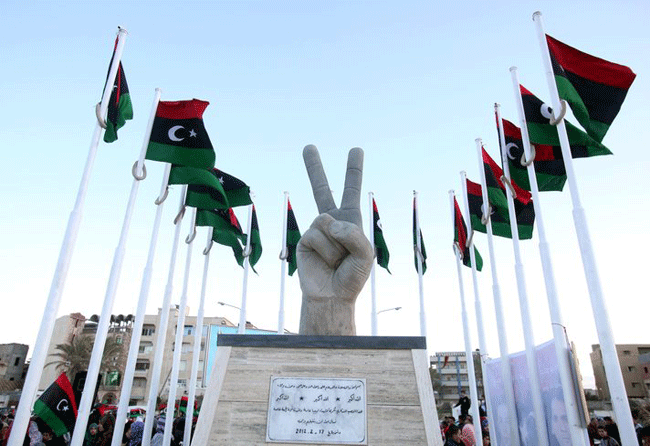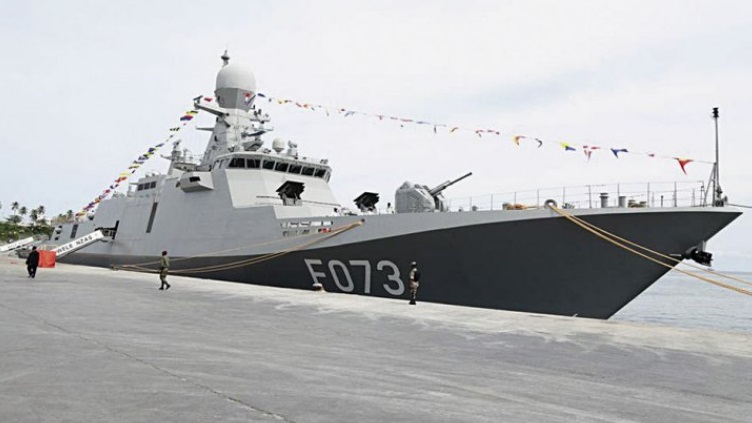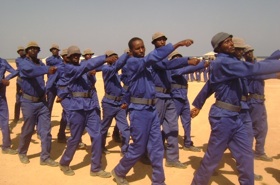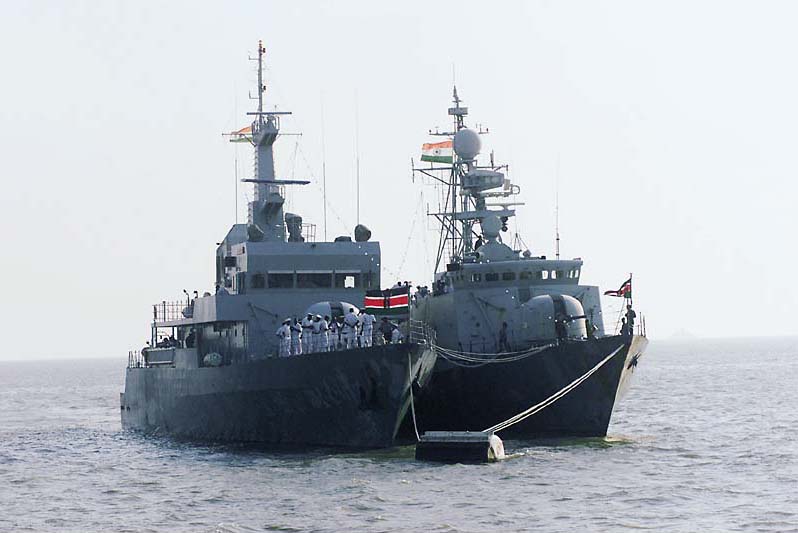Overshadowed by events in neighbouring Egypt and Syria, it is easy to forget that Libya is undergoing a crucial process of post-conflict reconstruction and democratization. Originally set to occur on 19 June, elections for the 200-person constitutional assembly were recently pushed back to 7 July due to ‘logistical difficulties.’ Organizational problems are threatening to push this date back even further, although the National Transitional Council (NTC) maintains that elections will be held before the beginning of Ramadan at the end of July.
Despite all this uncertainty, citizens seem ready to vote—80% of eligible voters registered for the upcoming elections. The move to postpone the election was welcomed by Ian Martin, the Secretary-General’s Special Representative for Libya, who stated that delaying the election date was necessary in order to allow the election commission adequate time to prepare.
Organizational difficulties may be threatening the timeline of these elections, but the real question remains whether post-revolutionary Libya is ready for democracy. To an outside observer, the picture is not pretty. In recent weeks, a series of attacks on foreign targets highlights the NTC’s inability to control the security situation within the country and the growing strength of the hundreds of armed militias that remain active throughout Libya. In the key cities of Benghazi, Misrata, and Zintan, local leaders are distancing themselves from the central authority in Tripoli which they view as secretive and ineffective. In Benghazi and Misrata, calls for autonomy are on the rise and local elections have already taken place. The success of these elections is a positive sign that Libyans may be ready for the difficult path towards democratization. That being said, a continued lack of a successful election process at the national level will likely increase calls for autonomy at the city level and lead to increased violence.
The violence in the former rebel-strongholds almost seems mild in comparison to recent fighting in Libya’s mostly tribal south. In the southern town of al-Kufra, clashes between the army and two warring tribes have claimed several lives. This violence is illustrative of the lack of control that the NTC exercises over the country, though clashes between different tribes are by no means a post-revolutionary phenomenon. Under Gaddafi, tribal differences were often suppressed, though he was also known to play one tribe against another when it benefited his personal goals. Now that Gaddafi is gone and the country is awash with arms, violence between warring tribes is on the rise, and the civilian authority is unable to control it.
[captionpix align=”left” theme=”elegant” width=”320″ imgsrc=” http://www.un.org/News/dh/photos/large/2012/January/494644-IanMartinUNSMIL.jpg” captiontext=” Ian Martin, the Secretary-General’s Special Representative for Libya, welcomes new election date.”]
Who is the NTC?
The National Transitional Council enjoys international legitimacy as the interim leadership and retains control over Libya’s oil wealth, production of which is expected to hit pre-revolution levels in the coming months. Although technically in control of running post-revolutionary Libya, the inability of the NTC to governor large sections of the country has left a power vacuum that many militias and Islamist groups are eager to fill. Various questions about the NTC remain unanswered, and many within the country view it as one of the key barriers in the transition to democracy. No one seems to know exactly who makes up the NTC. There are now an estimated 86 members, although a membership list has never been published. Many fear that its growing membership includes regime remnants whose leadership style is similar to the Gaddafi era: secretive and autocratic.
For many Libyans life has returned to a semblance of normalcy, but many challenges remain—related primarily security and institution building. To be fair, the NTC has inherited an immensely difficult task—holding the first elections that the country has seen in 40 years, creating institutions to promote justice and the rule of law, and integrating or demobilizing former revolutionary fighters and militias. All of these tasks are paramount to the future of security in Libya, though success been mild to date.
A Difficult Task Ahead
How next month’s elections play out will be a decisive point in Libya’s post-revolutionary history. Ingredients for success are certainly present—Libya is a country with a small population and vast oil wealth. The outlook may not be as bleak as the reports of violence and fighting would seem to indicate. All that being said, if the NTC continues to postpone the elections beyond what is necessary from a logistical point of view, the country may be in serious trouble.




